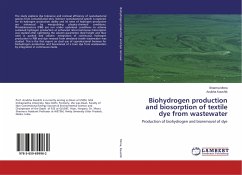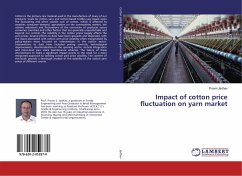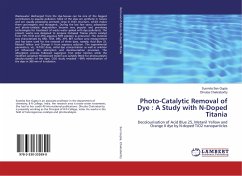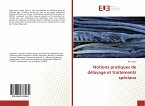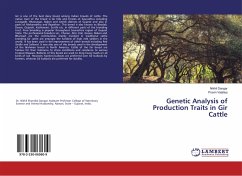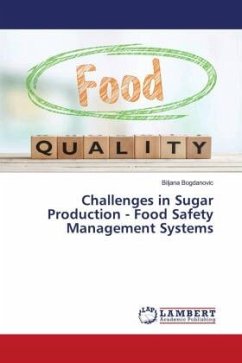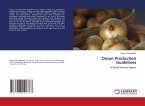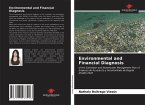The study explores dye tolerance and removal efficiency of cyanobacterial species from contaminated sites. Tolerant cyanobacterial system is explored for its hydrogen production ability and its rates of hydrogen production are enhanced by manipulating physico-chemical conditions. Photobioreactors (PBR) are run under optimized conditions to achieve sustained hydrogen production at enhanced rates.Continuous biosorption was studied after optimizing the column parameters (bed height and flow rate) in packed bed column. Integration of continuous hydrogen production in PBR and dye removal from simulated textile wastewater was studied. This is the first report on dual use of cyanobacterial biomass for biohydrogen production and bioremoval of a toxic dye from wastewaters by integration in continuous mode.
Bitte wählen Sie Ihr Anliegen aus.
Rechnungen
Retourenschein anfordern
Bestellstatus
Storno

